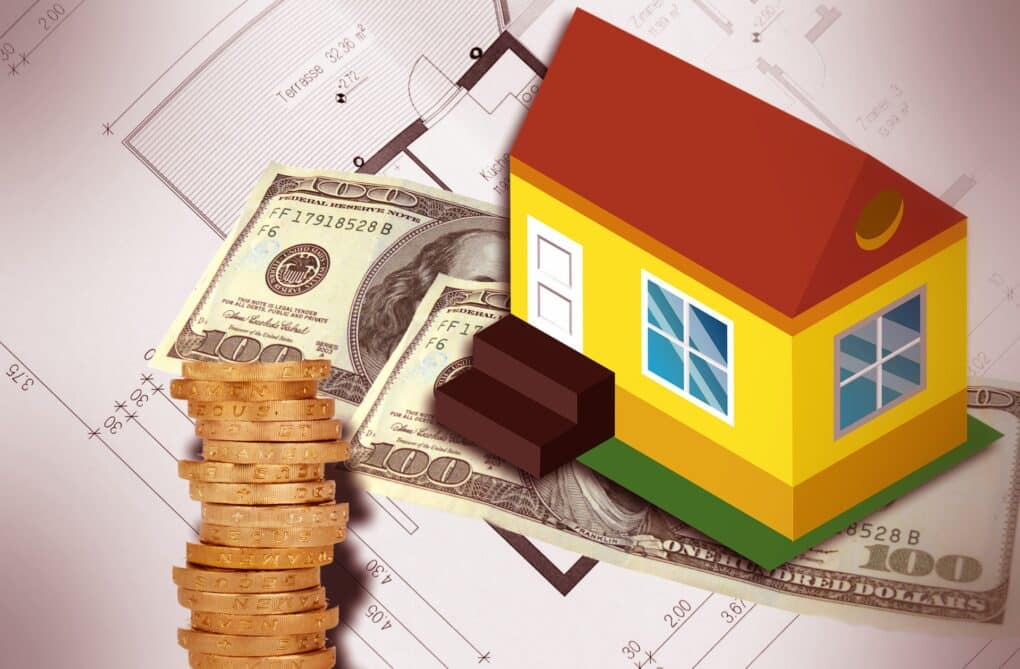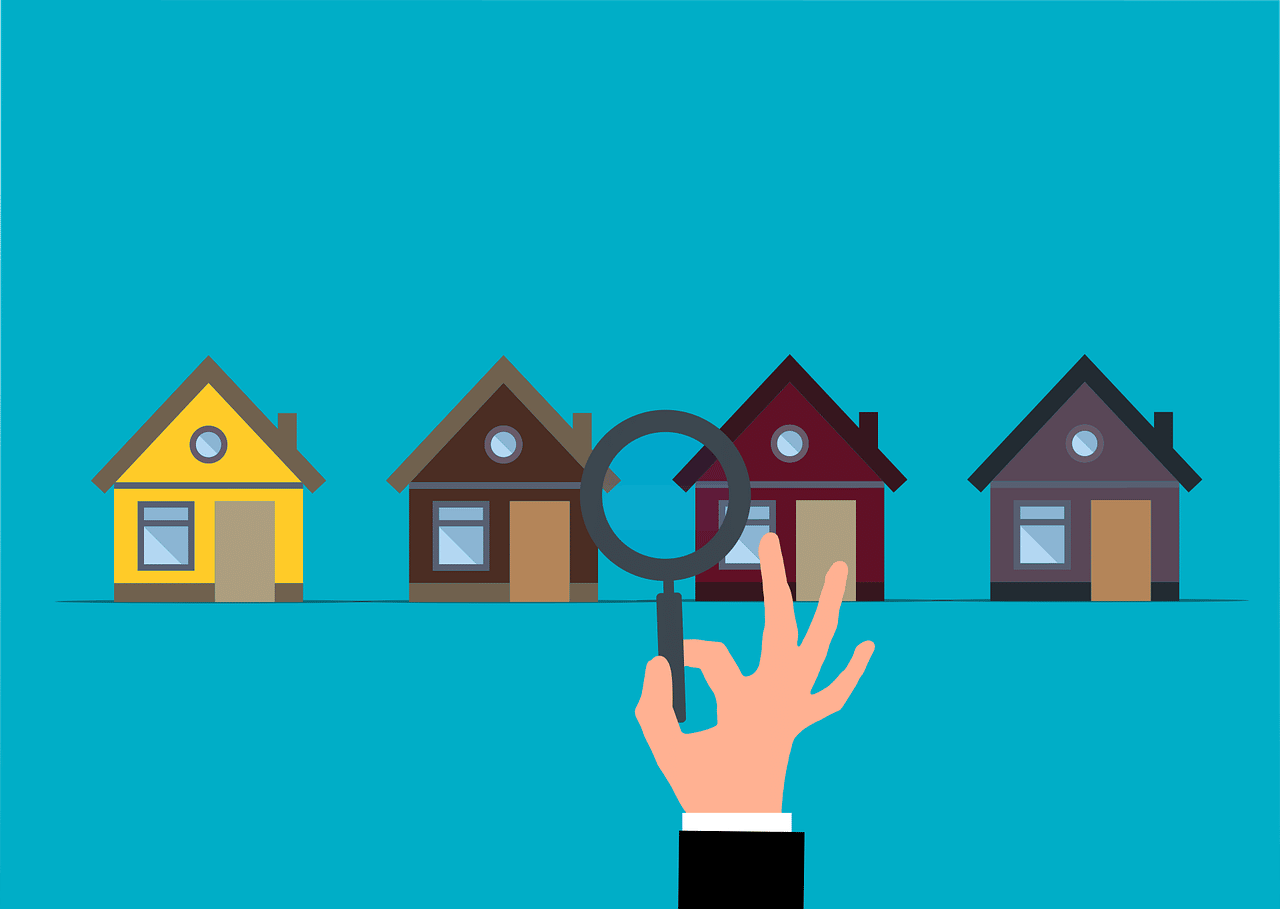When housing markets are stable, buyers and sellers have a better understanding of what they’re getting themselves into. But when there’s uncertainty in the air – that can mean trouble for both parties involved!
A strong economy has an effect on every aspect including property values; but it doesn’t always prevent bubbles from forming (just look at 2008). The key is being aware so that you can protect yourself before things fall apart again…
It’s difficult to predict the market these days, which is something that we don’t usually expect.
So, are houses selling right now? In the following few paragraphs, we’ll look a little deeper into the global housing market and give you a better understanding of whether or not houses are still selling.

The Current State of the Housing Market
Bloomberg affirms that global house prices are taking a hit due to the rising interest rates. That’s because the pandemic to post-pandemic housing boom is slowing down, and mortgage rates are spiking rapidly.
This situation can be observed in the United States and other real-estate heavyweights like the UK, New Zealand, and Canada. The housing sales rates are already down by 40 percent currently in the United States, and the drop is also evident in Canada, New Zealand, and other countries across the globe.
Experts are, however, arguing that this decline in the number of sales is due to the witnessed surge in sales during the post-pandemic era.
That’s justifiable because it’s raised the bar a bit high. Speaking on CBS News, Erin Sikes, Nest Seekers International’s Chief Economist, says that home sales dropped by 5.9 percent in the United States in July 2022 alone.
She, however, attributes this sudden dip in house sales in such a short time to the increasing housing interest rates.
Factors that are Contributing to the Slowdown in Sales
Affordability issues and the rising mortgage rates contribute to the slowdown in housing market sales. However, higher interest rates tends to throw the demands for houses off-balance, and days on the market start to increase, causing homes to sit on the market longer.
When interest rates goes up, buyers tend to hold out on buying homes. This causes a shift in the market. When the market shifts, the economy will begin to feel the effect.
People start to experience job loss and when lay-offs happens, more and more people can no longer afford there mortgages or afford the ability to purchase goods as well.
So the demand of purchase goods starts to decrease, and when this happens this all leads us down the path of a recession.
The decline in home selling and buying is also attributed to the fewer homes being built and offered for resale.
Consumers can choose to rent instead of buying homes, which makes buyers weigh out the possibility to continue to rent vs getting in the market and dealing with lenders’ high-interest rates.
The federal reserve monetary fund in countries like the United States also directly impacts mortgage rates, even though it doesn’t set them. However, the housing and bond market conditions drive sales, causing a slowdown.
How this Might Impact You as a Potential Home Buyer or Seller
As a prospective home buyer, the rise in interest rates can impact that decision. If the rates are high enough and unbearable, you might stay on the fence, not knowing whether you should go ahead.
If the interest rates are high, the market starts favoring the buyers, causing the prices to fall. However, the opposite is true since low-interest rates increase house demand, pushing the prices up and lowering house affordability.
High-interest rates tip the balance in the buyer’s favor since sellers have to cope with low house demands. They decrease house affordability, and buyers will likely refrain from buying.
Also, a recession impacts the house sales rates, and its ripple impact is that it prompts home sellers to lower their home costs due to the low demand to sell.
That means they’ll net less after all the expense is paid compared to when the interest rates are lower. Sellers are more likely to ask for more house pricing if the interest rates are down since the housing demand is usually high.
High-interest rates tip the balance in the buyer’s favor since sellers have to cope with low house demands. They decrease house affordability, and buyers will likely refrain from buying.
Also, a recession impacts the house sales rates, and its ripple impact is that it prompts home sellers to lower their home costs due to the low demand to sell.
That means they’ll net less after all the expense is paid compared to when the interest rates are lower. Sellers are more likely to ask for more house pricing if the interest rates are down since the housing demand is usually high.
What Factors Affect Your Home’s Value to Sell Faster?
A few factors come into play, determining the value you put on your home. Buyers want value for their money, and they’ll only pay for what they think it’s worth.
This high demand increases the prices causing the buyer to get into a bidding war. When the buyer gets into a bidding war, they will have to pay the asking price or over-appraised value.
That causes the buyer to come out of pocket for an additional cost. Also, the home’s age and general condition determine its value, and your potential buyers must also consider that.
High- interest rates cause property values to decrease in value and price. When that happens, the seller will have to wait more in the market for offers.
When the sellers don’t receive offers, the seller will then have to consider lowering the purchase price or even offer incentives to the buyers.
What Can You Do to Make the Most of the Current Market Conditions?
It can be challenging to sell or buy a home in an unpredictable housing market. However, that shouldn’t limit your ability to get your home sold or buy a new one altogether. People are always looking to buy a home, but it helps if you stand out better.
Your home should stand out with a few wow factors and a perfect appeal for first time home buyers.You could hire an experienced inspector to check on the condition of your home before selling it, or get some advice from a realtor about which features are worth investing in.
A seasoned real estate agent will also come in handy, explaining the housing interest rates’ In detail before you make a decision if you are in the market to purchase a home.
A Realtor can come in handy for sellers who are looking to make significant profits in the midst of escalating interest rates. Getting your home ready to sell and buying one is possible if you utilize a good strategy.
Final Thought
Buying a house in the current housing market isn’t as seamless as it used to be right in the wake of 2021. The industry has witnessed a drastic slowdown in house sales in the past few months.
So, what’s the verdict? Are houses selling right now? The answer, Yes! Sellers need to be realistic about their home and its worth in today’s market, but buyers can still find good deals on homes if they’re patient.
If you’re considering buying or selling a home, get in touch with me so that I can help guide you through this housing market!

